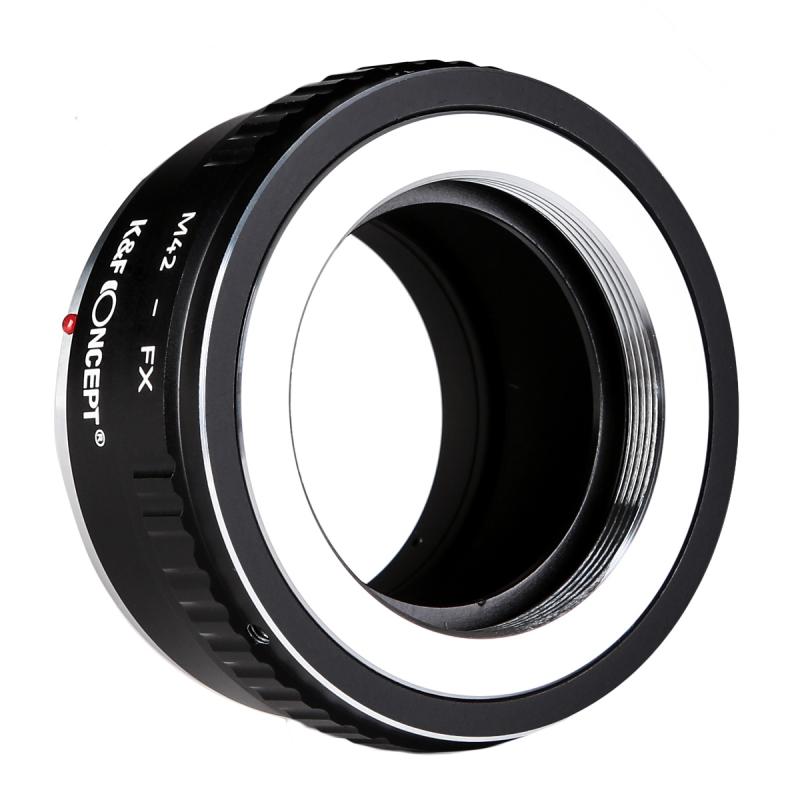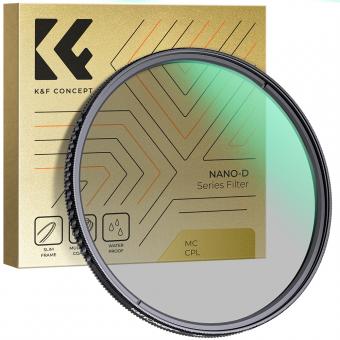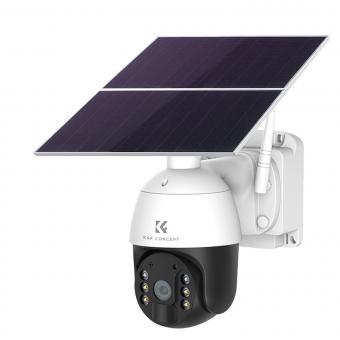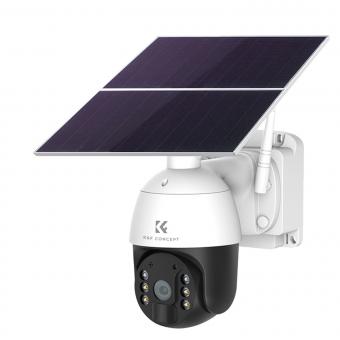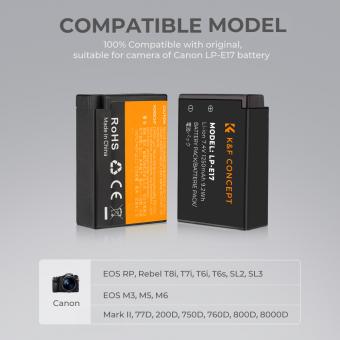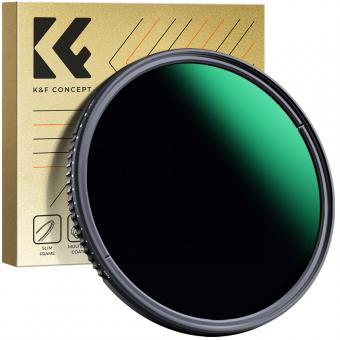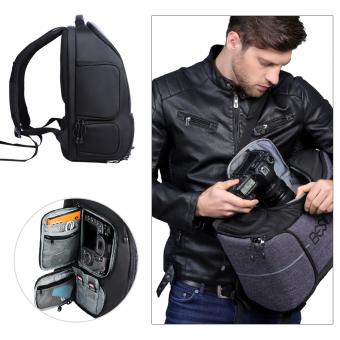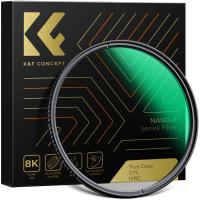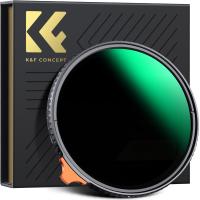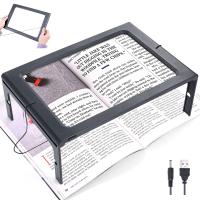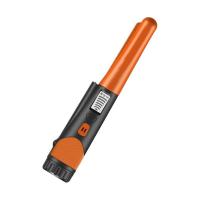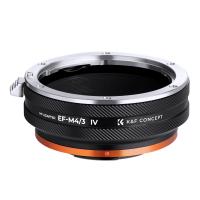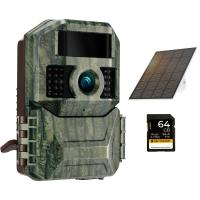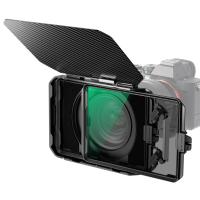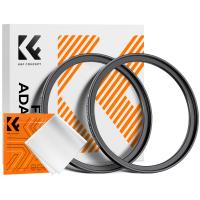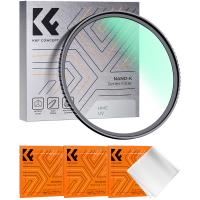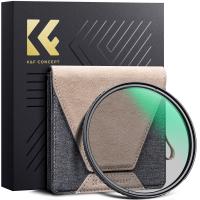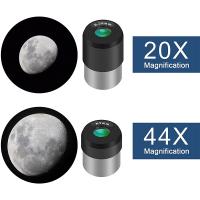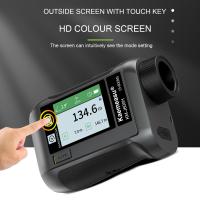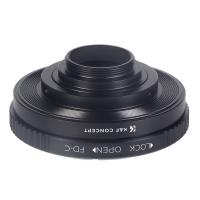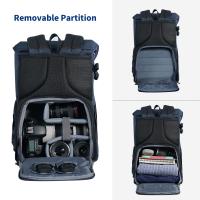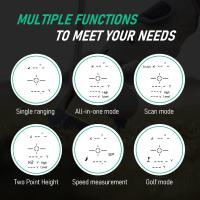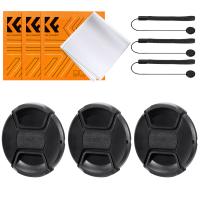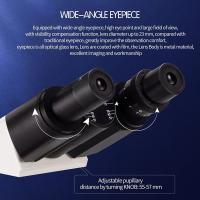What Camera Records 24 7 ?
There are several cameras available in the market that can record 24/7. Some popular options include security cameras, surveillance cameras, and dash cameras. These cameras are designed to continuously record footage without interruption. They often have features like loop recording, where the oldest footage is overwritten when the storage is full, ensuring continuous recording. Additionally, some cameras have motion detection capabilities, which can help conserve storage space by only recording when there is movement in the frame. It is important to consider factors like resolution, storage capacity, and power source when choosing a camera for continuous recording.
1、 Continuous recording cameras for 24/7 surveillance
Continuous recording cameras for 24/7 surveillance are specifically designed to capture and store video footage around the clock. These cameras are commonly used in various settings such as homes, businesses, and public areas to ensure constant monitoring and security.
One popular type of camera that records 24/7 is the network video recorder (NVR) system. NVR systems are equipped with multiple high-definition cameras that can be strategically placed to cover a wide area. These cameras are connected to a central recording device that continuously captures and stores the video footage. NVR systems often come with advanced features such as motion detection, remote access, and the ability to store footage for extended periods.
Another option for continuous recording is the digital video recorder (DVR) system. DVR systems work similarly to NVR systems but use analog cameras instead. These cameras are connected to a central DVR unit that records and stores the video footage. DVR systems are known for their reliability and can provide high-quality video recordings for 24/7 surveillance.
In recent years, there has been a shift towards IP cameras, which are digital cameras that can connect directly to a network. These cameras can be integrated into existing network infrastructure, allowing for easy installation and scalability. IP cameras often come with built-in storage capabilities or can be connected to external storage devices, ensuring continuous recording for extended periods.
It is important to note that the latest advancements in camera technology have led to the development of cameras with higher resolutions, improved low-light capabilities, and enhanced video compression. These features contribute to better image quality and more efficient storage utilization, making continuous recording for 24/7 surveillance more effective and reliable.
In conclusion, continuous recording cameras for 24/7 surveillance, such as NVR systems, DVR systems, and IP cameras, are widely available and offer various features to ensure constant monitoring and security. The latest advancements in camera technology have further improved the quality and efficiency of these cameras, making them an essential tool for surveillance purposes.
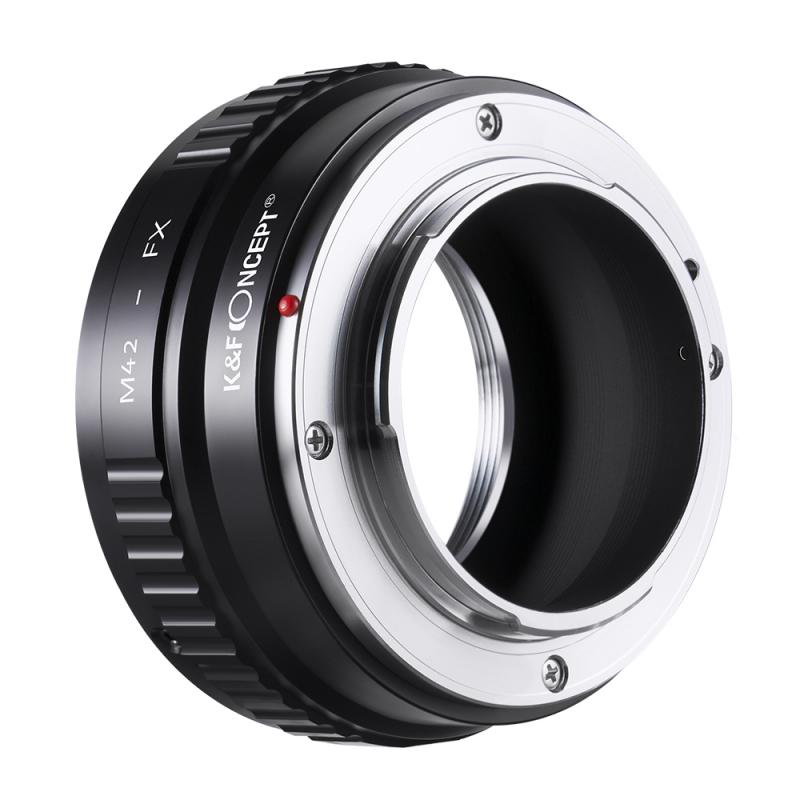
2、 High-capacity storage options for round-the-clock camera recording
High-capacity storage options for round-the-clock camera recording have become increasingly important in today's surveillance landscape. With the need for continuous monitoring and the growing demand for high-quality video footage, finding a camera that can record 24/7 is crucial.
One option that meets this requirement is the use of network video recorders (NVRs) with large storage capacities. NVRs are designed specifically for IP cameras and offer the ability to record and store video footage from multiple cameras simultaneously. These devices often come equipped with multiple hard drive bays, allowing for the installation of high-capacity hard drives to accommodate the storage needs of continuous recording.
Another option is the use of cloud-based storage solutions. Cloud storage offers the advantage of virtually unlimited storage capacity, as footage is stored remotely on servers maintained by the service provider. This eliminates the need for physical storage devices on-site and provides easy access to video footage from anywhere with an internet connection. Additionally, cloud storage often includes features such as redundancy and encryption to ensure the security and integrity of the recorded footage.
In recent years, advancements in technology have also led to the development of cameras with built-in edge storage capabilities. These cameras have onboard storage options, such as SD cards or solid-state drives, allowing them to record and store video footage locally. This can be particularly useful in situations where network connectivity may be unreliable or when a decentralized storage approach is preferred.
It is important to note that the choice of a high-capacity storage option for round-the-clock camera recording should be based on factors such as the number of cameras, desired video quality, retention period, and budget. Consulting with a professional security provider can help determine the most suitable solution for specific needs and ensure that the latest advancements in storage technology are considered.
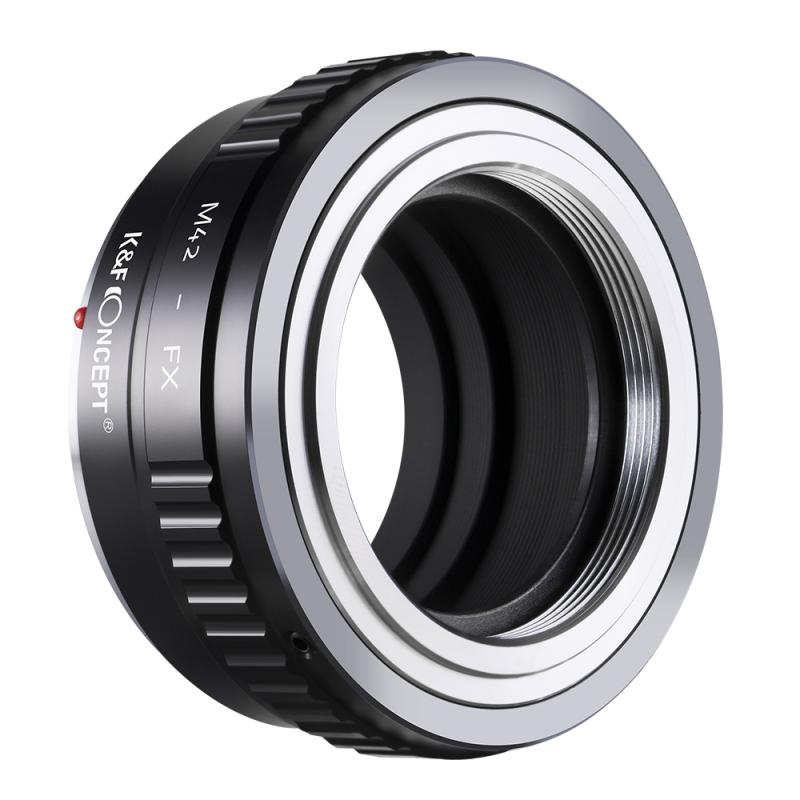
3、 Advanced video compression techniques for continuous 24/7 recording
Advanced video compression techniques for continuous 24/7 recording have revolutionized the surveillance industry, allowing for efficient storage and retrieval of high-quality footage. One camera that is capable of recording 24/7 is the IP camera.
IP cameras, also known as network cameras, are equipped with advanced video compression algorithms such as H.264 and H.265. These compression techniques significantly reduce the size of video files without compromising on image quality. By efficiently encoding the video stream, IP cameras can record and store footage continuously without overwhelming storage capacities.
The latest point of view in this field is the emergence of cameras with Artificial Intelligence (AI) capabilities. These cameras are equipped with advanced video analytics algorithms that can detect and track objects, people, and events in real-time. This not only enhances the security aspect but also reduces the amount of irrelevant footage that needs to be stored. AI-powered cameras can intelligently analyze the video stream and only record when specific events or anomalies occur, further optimizing storage requirements.
Furthermore, advancements in cloud storage technology have made it possible to store vast amounts of video data remotely. This eliminates the need for on-site storage infrastructure and provides scalability and flexibility in managing the recorded footage. Cloud-based solutions also offer additional features such as remote access, real-time alerts, and easy retrieval of specific video clips.
In conclusion, IP cameras with advanced video compression techniques, coupled with AI capabilities and cloud storage, have made continuous 24/7 recording a reality. These advancements have not only improved the efficiency of surveillance systems but also enhanced their overall effectiveness in capturing and storing critical video footage.
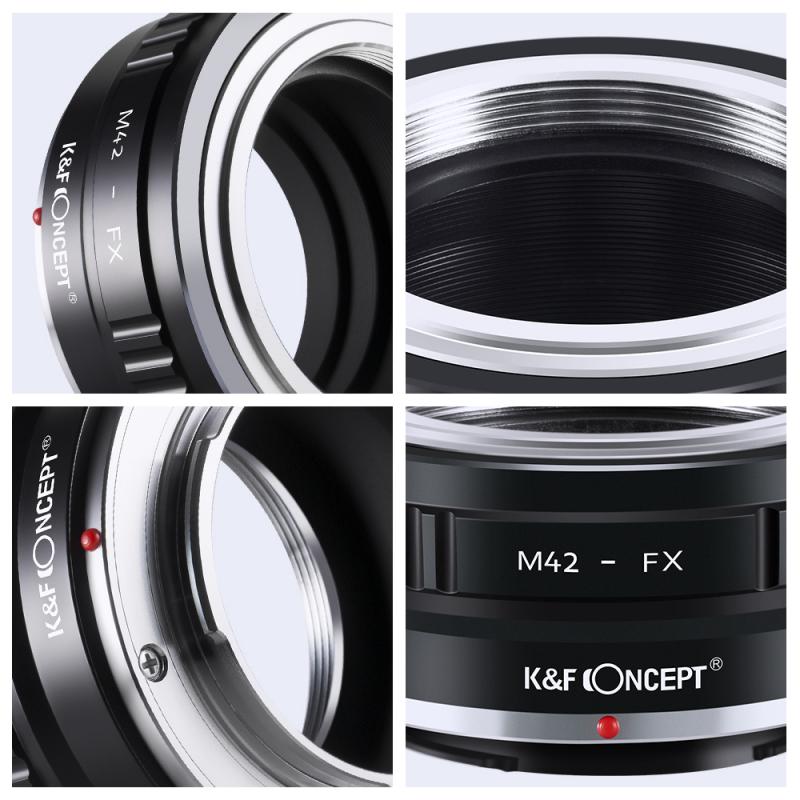
4、 Power supply considerations for uninterrupted 24/7 camera recording
Power supply considerations for uninterrupted 24/7 camera recording are crucial to ensure continuous surveillance and monitoring. When it comes to choosing a camera that can record 24/7, there are several factors to consider, including power source, backup options, and power consumption.
One option for uninterrupted camera recording is to use a camera that is powered by a direct power source, such as a wired connection to an electrical outlet. This ensures a constant power supply, eliminating the need for battery changes or recharging. However, it is important to ensure that the camera is installed near a power source and that the wiring is properly done to avoid any potential hazards.
Another option is to use a camera with a built-in battery backup. These cameras can continue recording even during power outages, ensuring uninterrupted surveillance. However, it is essential to regularly check and maintain the battery backup to ensure it is functioning properly and has enough capacity to last through extended power outages.
In recent years, advancements in technology have led to the development of solar-powered cameras. These cameras use solar panels to convert sunlight into electricity, providing a sustainable and uninterrupted power source. Solar-powered cameras are particularly useful in remote locations where access to electrical outlets may be limited.
Additionally, power consumption is an important consideration when choosing a camera for 24/7 recording. Opting for cameras with low power consumption can help reduce energy costs and ensure longer recording times without interruptions.
In conclusion, when it comes to uninterrupted 24/7 camera recording, power supply considerations are crucial. Whether it is through direct power sources, battery backups, or solar-powered options, choosing the right camera and power supply solution is essential for continuous surveillance and monitoring.
